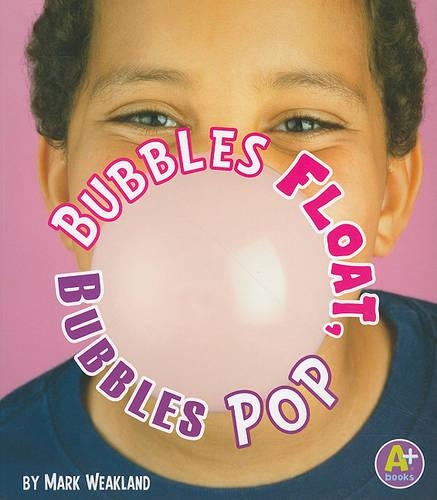
Science Starts Bubbles Float, Bubbles Pop
(Paperback)
Publishing Details
Science Starts Bubbles Float, Bubbles Pop
By (Author) Mark Wheatland
Coughlan Publishing
Capstone Press
1st December 2010
United States
Classifications
Children
Non Fiction
507.8
Physical Properties
Paperback
32
Description
What makes a bubble float Are the bubbles in your soda the same as the bubbles in your tub What makes a bubble pop Discover the wonder and science of bubbles in Bubbles Float, Bubbles Pop.
Reviews
The titles reviewed each focus on one aspect of physical science using bright, colorful full page photographs to explain basic information to a younger audience. The "real life" application of science helps to explain concepts that are sometimes difficult for young children to understand. The simple text is printed in various colors, making the pages even more attractive. Both books include simple glossaries, indices, websites and a list of books for those students and teachers needing further information. Recommended.-- "Library Media Connection"
This excellent entry in the Science Starts series introduces a topic that naturally appeals to kids--bubbles. The text is simple and easily understood. "Every bubble is a round pocket of gas. . . . Bubbles trap gas within a thin skin. . . . When a bubble's skin gets too thin, the bubble breaks." Weakland goes on to explain why bubbles are always spheres, how they are formed in cold and boiling water, various ways to make bubbles, and where and how they are formed in nature. Several lines of short text appear on each two-page spread and are often shown winding their way around bubbles. The large, up-close photographs are informative (mud gas bubbles), funny (a child "wearing" her bubble gum), and intriguing (a spittlebug covering itself with bubbles as protection from enemies). But most of all, they draw children right into the almost magical world of bubbles. A short glossary and bibliography are appended, and the publisher's Facthound website is presented as a place where children can go to learn more-- "Booklist"
